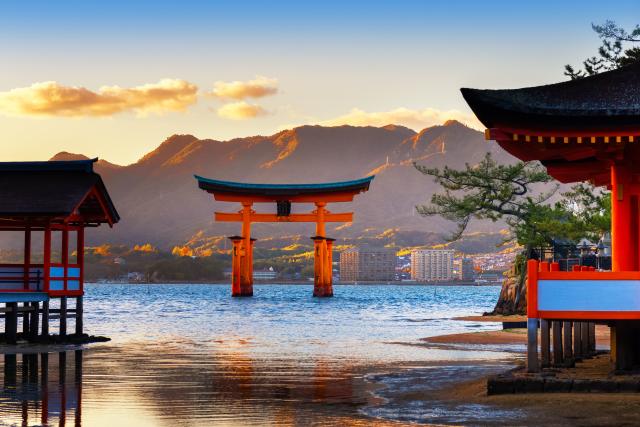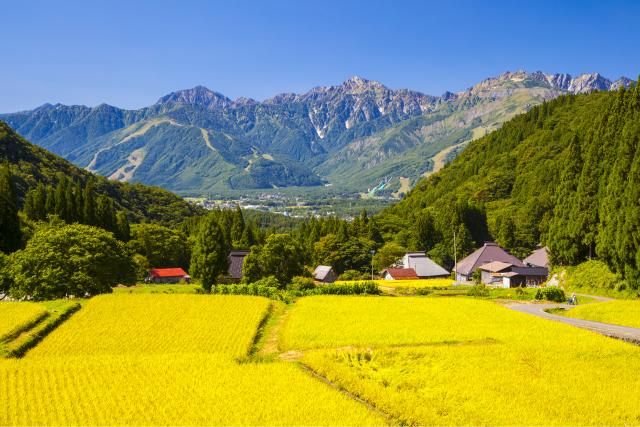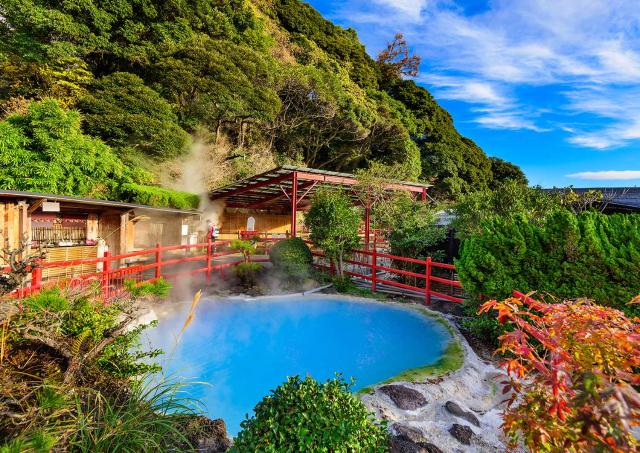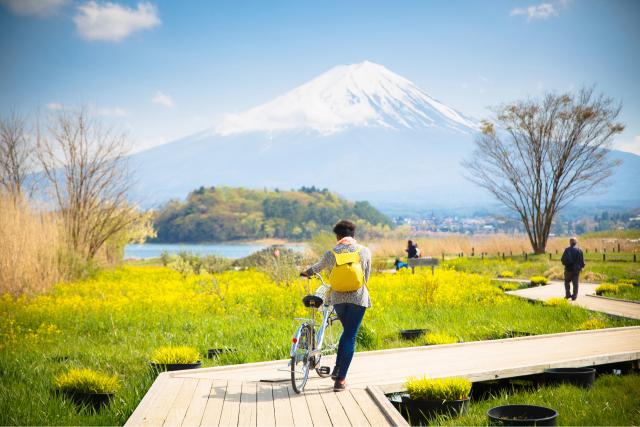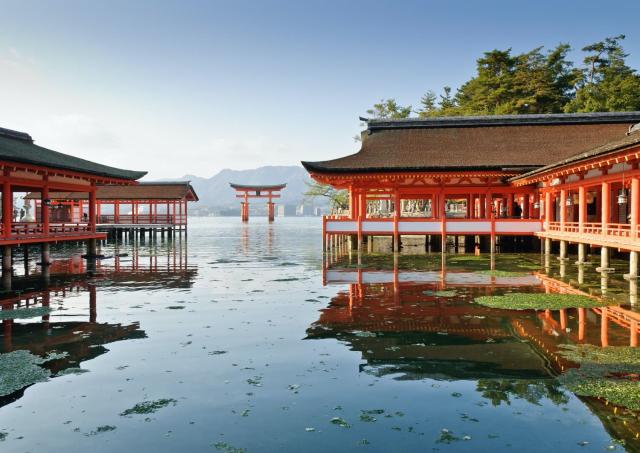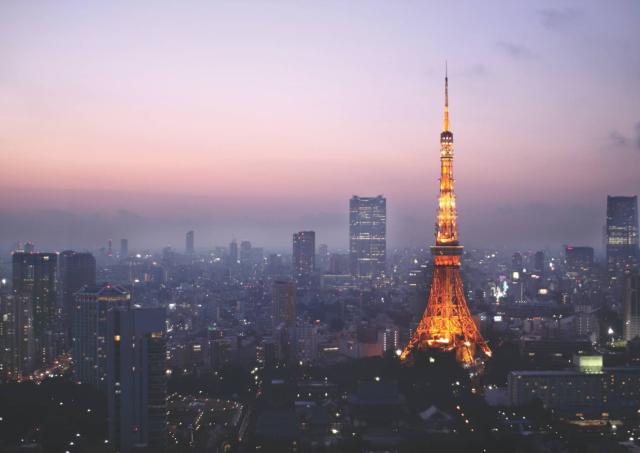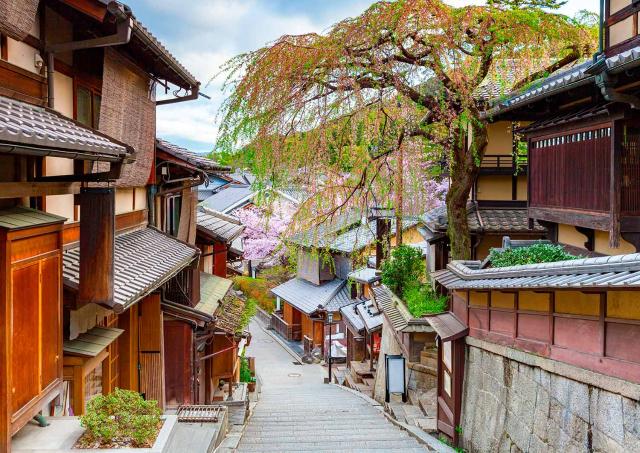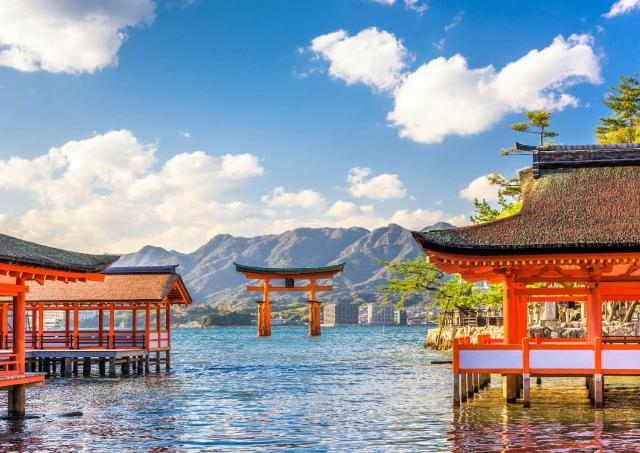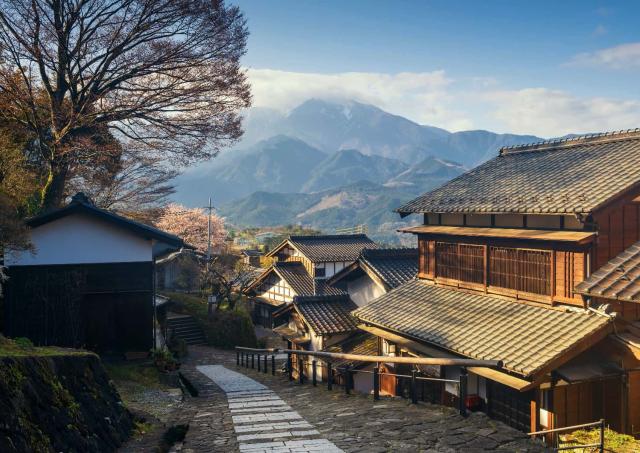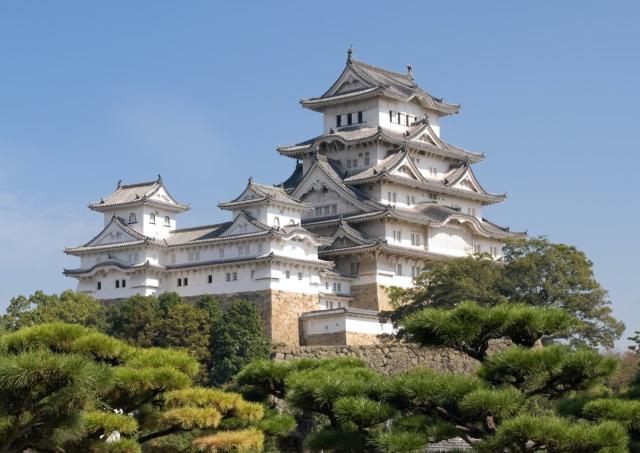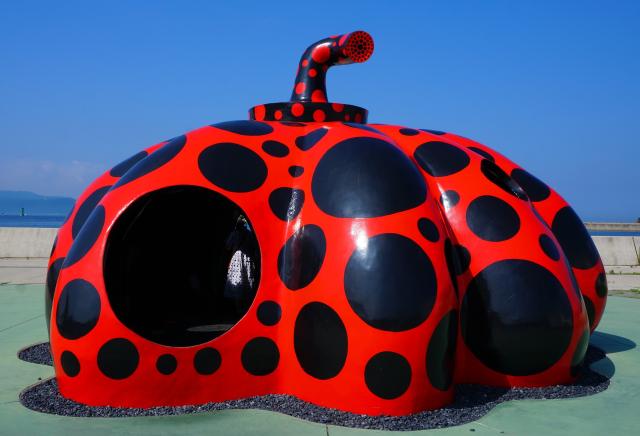Japanspecialist | Reizen naar Japan - Japanspecialist
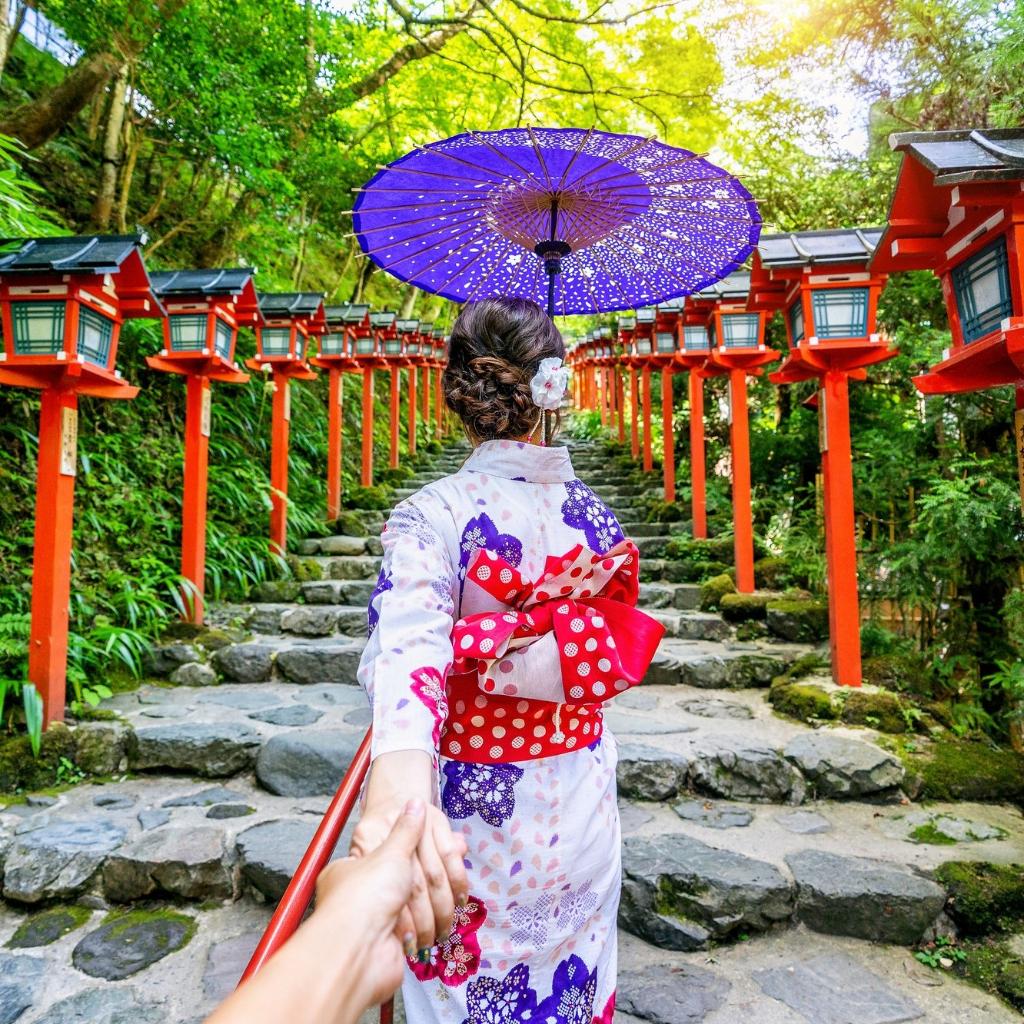
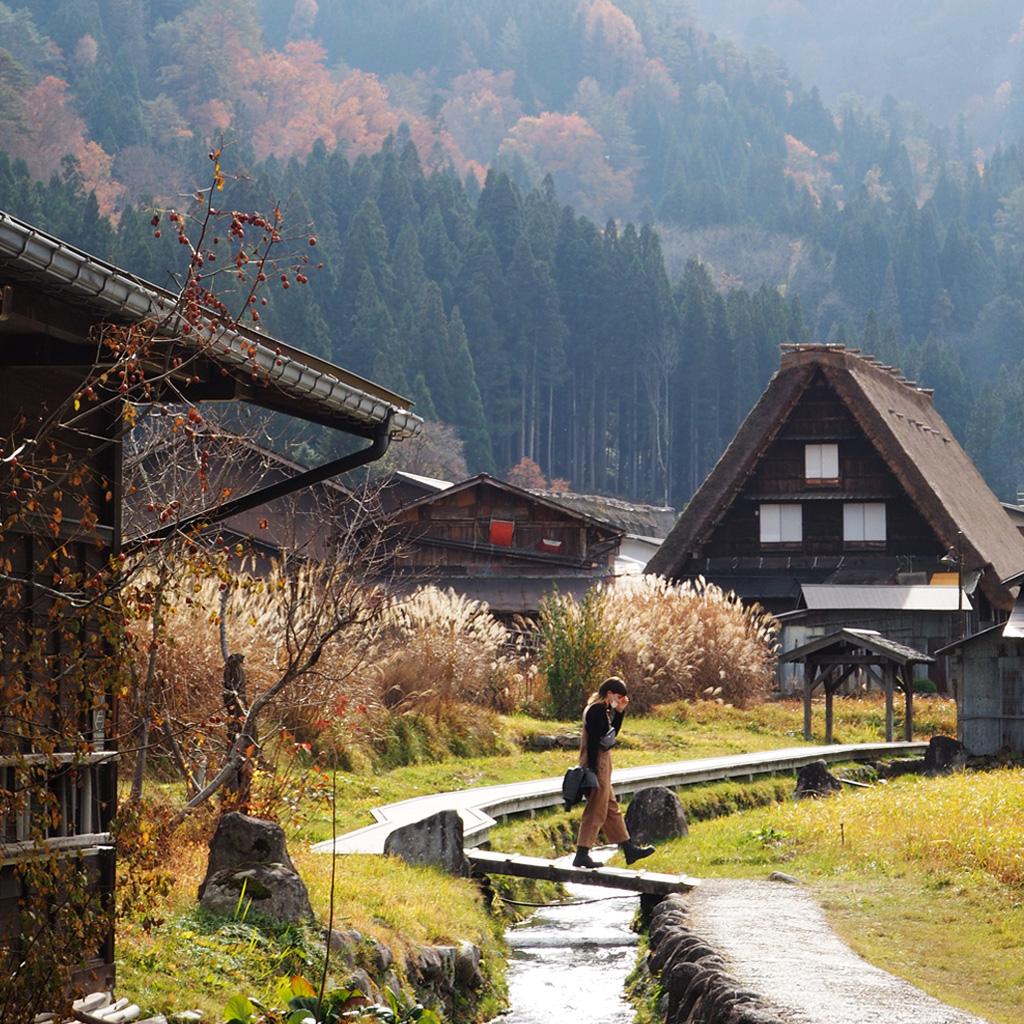
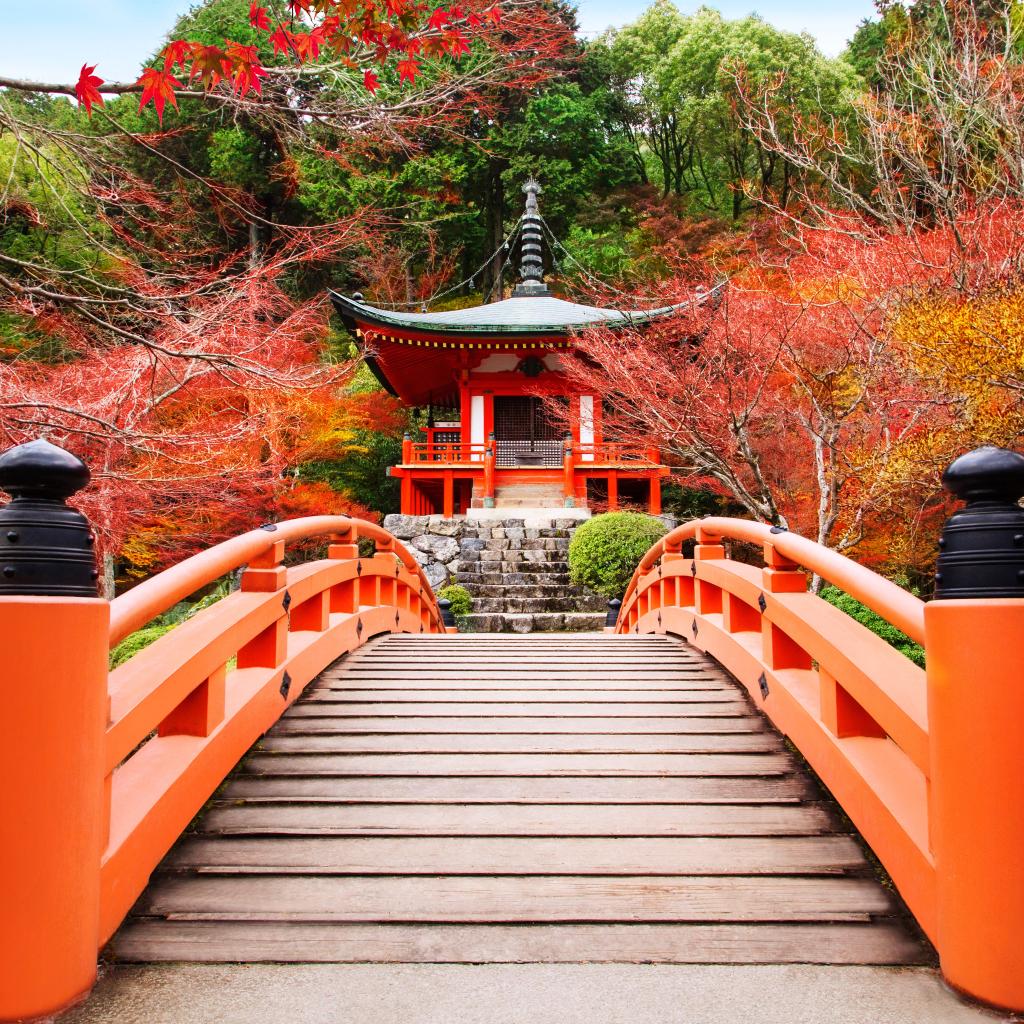

Creëer vandaag nog uw droomreis naar Japan met een online adviesgesprek.
Haal inspiratie bij onze individuele reizen
Gebruik onze catalogus van aanbevolen reisroutes als een springplank van inspiratie. Een van onze reisexperts zal elk detail voor u uitwerken en de reis aanpassen aan uw persoonlijke voorkeuren.
Ervaringen die wij aanbieden
Welke stijl reis bent u in geïnteresseerd?
Het maakt niet wat uw passies zijn, Japan heeft iets voor alle reizigers, familievriendelijke reisopties, natuur, cultuur, eten en onvoorstelbare avonturen. Laat u leiden door uw eigen interesses in uw zoektocht door Japan. Ontdek onze aanbevolen reisroutes die onze reisadviseurs op maat kunnen maken voor u, daarbij geïnspireerd door zo veel reisideeën als maar nodig, om u de perfecte balans van stijlen in een enkele reis te kunnen bieden.
Raak geïnspireerd door Japan's geweldige diversiteit
Japan mag dan het meest bekend zijn vanwege zijn traditionale theehuizen en uitgestrekte stadslandschappen, als u wat verder van de gebaande paden afgaat zult u ontdekken dat Japan ook vol zit met verborgen pareltjes en landschappen. Van de met sneeuw bedekte bergtoppen van noord-Japan tot de schitterende witte zandstranden van de zuidelijke eilanden, u zult versteld staan van - en geïnspireerd worden door hoeveel moois er te zien is in dit geweldig gevarieerde land.

